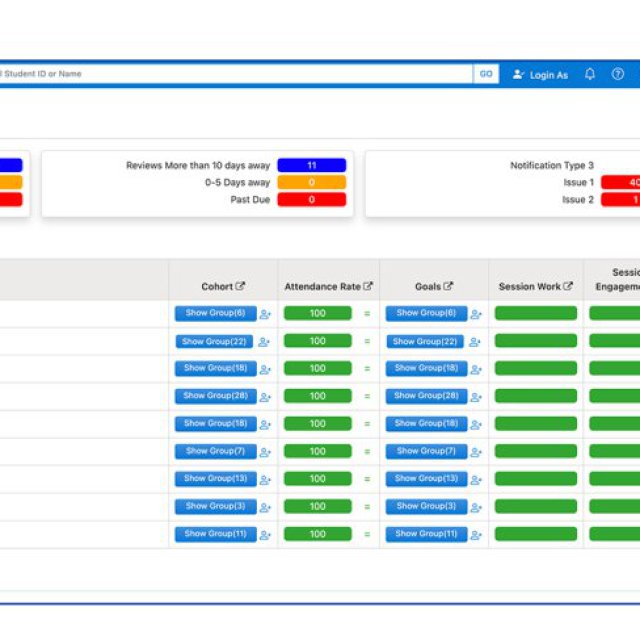
Understanding the Tax Benefits for Section 8 Companies in India
New Delhi,

Description
Section 8 company in India are non-profit organizations formed with the primary goal of promoting social welfare, education, art, charity, or any other objective beneficial to society. These companies are distinct because they do not distribute profits among their members but reinvest them to further their cause. One of the key advantages of establishing a Section 8 company is the array of tax benefits it enjoys, which significantly aids in the financial sustainability of their social initiatives. This article explores the tax benefits available to Section 8 companies and how they can leverage these advantages to maximize their impact.
1. Income Tax Exemption under Section 12A
Section 8 companies can apply for income tax exemption under Section 12A of the Income Tax Act, 1961. Once registered, the income generated by the company from donations, grants, or other sources is exempt from tax, provided it is used solely for the company’s objectives. To avail of this exemption, the company must submit an application to the Commissioner of Income Tax along with relevant documents, such as the company’s registration certificate, financial statements, and details of activities conducted.
How to Leverage This Benefit:
• Ensure that all income is utilized strictly for the company's objectives.
• Maintain accurate records and transparency in financial dealings to comply with audit requirements.
• Submit timely and accurate tax filings to maintain the exemption status.
2. Tax Deduction for Donors under Section 80G
Donors to Section 8 companies can claim a tax deduction under Section 80G of the Income Tax Act. Contributions made to these companies are eligible for deductions of 50% of the amount donated, with some conditions and limits applied. This provision not only incentivizes donations but also encourages greater financial support from individuals and corporations looking to contribute to social causes while receiving a tax benefit.
How to Maximize Donor Contributions:
• Obtain and maintain Section 80G certification to assure donors of the tax benefits.
• Communicate the tax advantages to potential donors, highlighting how their contributions can reduce their taxable income.
• Ensure compliance with the reporting requirements to retain the 80G certification.
3. GST Exemption on Certain Services
Section 8 companies are often eligible for exemptions from the Goods and Services Tax (GST) on certain services. Services provided by educational institutions or those related to healthcare and skill development are typically exempt from GST. This exemption helps reduce the operational costs of Section 8 companies, allowing more funds to be directed towards their core activities.
Tips to Utilize GST Exemption:
• Identify all activities and services eligible for GST exemption and ensure proper classification.
• Keep thorough records and documentation to support claims for GST exemption.
• Regularly review GST laws and regulations as they apply to non-profits to ensure compliance and take advantage of any new exemptions.
4. Exemption from Corporate Tax
Unlike traditional companies, Section 8 companies are exempt from paying corporate tax on their income, provided they adhere to the stipulations laid out for charitable organizations. This exemption is a substantial financial advantage, as it allows the company to utilize its full income for furthering its objectives rather than paying a significant portion of tax.
Ensuring Compliance:
• Regular audits and proper accounting practices are essential to demonstrate that income is used solely for the company’s purposes.
• Avoid engaging in activities that may be deemed commercial or profit-oriented, as these could jeopardize the tax-exempt status.
5. Benefits under the Companies Act, 2013
Apart from tax benefits under the Income Tax Act, Section 8 companies also enjoy several benefits under the Companies Act, 2013. These include exemptions from the requirement to add the words “Limited” or “Private Limited” to their name and relaxed regulations regarding the minimum number of directors and meetings. Additionally, these companies benefit from simplified registration processes and reduced compliance requirements compared to other companies.
How to Benefit from Regulatory Exemptions:
• Take advantage of simplified compliance to focus more on the company’s core activities rather than administrative burdens.
• Use relaxed governance requirements to efficiently manage the company without compromising on accountability and transparency.
6. Additional Tax Benefits and Considerations
Section 8 companies can also benefit from other tax incentives such as reduced customs duty on imported goods used for charitable purposes and exemptions from certain stamp duties and company registration fees. These benefits further enhance the financial viability of Section 8 companies, enabling them to allocate more resources to their missions.
Practical Steps to Maximize Benefits:
• Stay updated with government notifications regarding new exemptions or changes in tax laws that affect Section 8 companies.
• Engage a knowledgeable tax consultant specializing in non-profit organizations to ensure the company is fully utilizing available tax benefits.
• Regularly review and update the company’s financial practices to align with the latest tax regulations and compliance requirements.
Conclusion
Section 8 companies in India play a vital role in advancing social causes, and the tax benefits they receive are crucial in supporting their operations. From income tax exemptions under Section 12A and donor deductions under Section 80G to GST exemptions and other regulatory benefits, these companies are well-positioned to optimize their resources for greater impact. By understanding and leveraging these tax benefits, Section 8 companies can enhance their financial efficiency, attract more support, and effectively contribute to societal welfare.
Reviews
To write a review, you must login first.
Similar Business


























